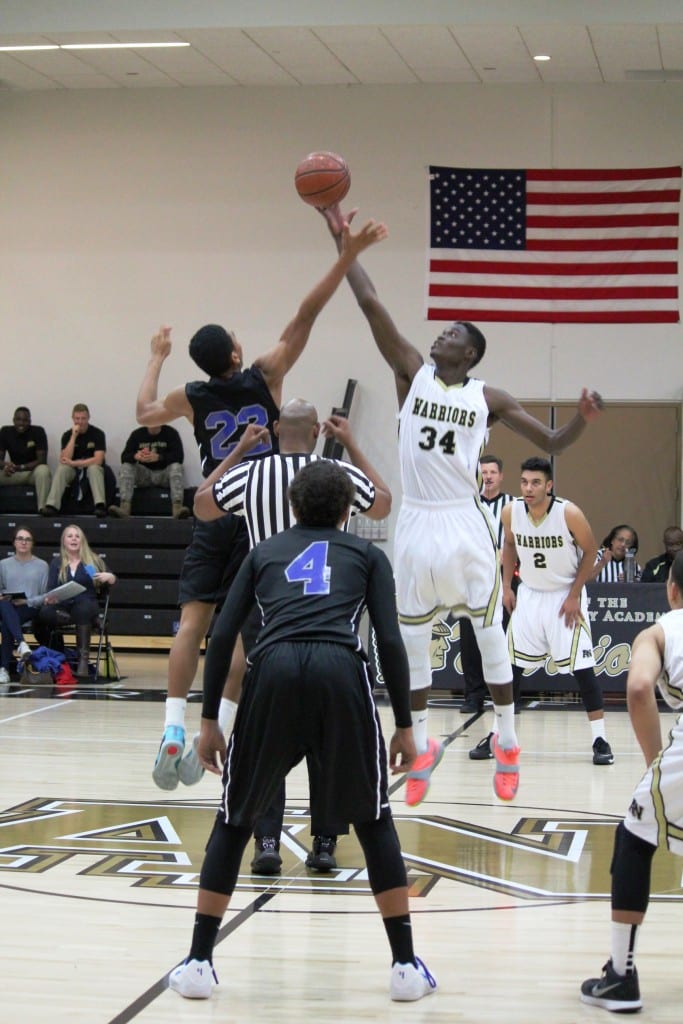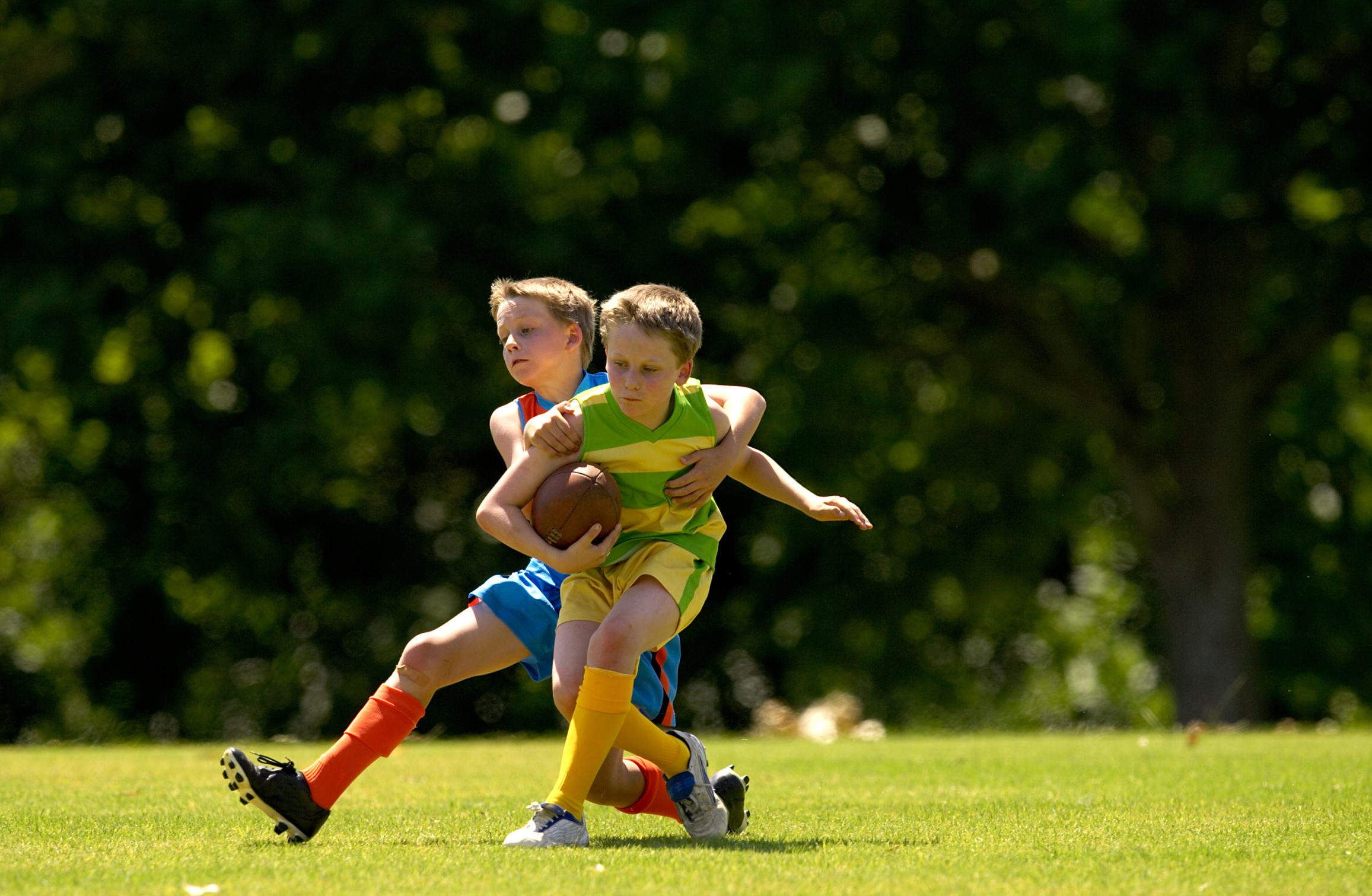Teamwork in Sports: Boosting Performance
Explore the vital role of teamwork in sports, enhancing team performance and achieving success. Learn how collaboration drives victory.

Team sports have been an integral part of human culture for centuries, and their significance goes beyond the realm of mere entertainment. These sports serve as a reflection of our innate desire to work together, to achieve common goals, and to overcome challenges as a group. At the heart of every successful team sport is teamwork and collaboration, which play a pivotal role in determining a team's success or failure. In this article, we will delve into the profound significance of teamwork and collaboration in team sports, exploring how these elements shape not only the outcome of games but also the lives of individuals involved.
Achieving Common Goals
Team sports provide a unique platform for individuals to come together and pursue common objectives. Whether it's scoring goals in soccer, making baskets in basketball, or hitting home runs in baseball, the essence of team sports lies in achieving shared goals. These goals can range from winning a match, securing a championship, or simply improving as a team.
Teamwork is the vehicle that drives this pursuit of common goals. Each player on a team contributes their unique skills, talents, and expertise to the collective effort. Through coordination and synchronization, players work in unison to outmaneuver the opposition and achieve their objectives. Without teamwork, the chances of success diminish significantly.
Improved Communication
Effective communication is the lifeblood of any team, be it on the sports field or in the workplace. In team sports, players must communicate swiftly and efficiently to convey their intentions, strategies, and observations to their teammates. This communication can take the form of verbal cues, non-verbal signals, or even intuitive understanding developed over time.
By participating in team sports, individuals learn the art of communication in a dynamic and high-pressure environment. They develop the ability to convey complex ideas in a concise manner and to understand the unspoken messages their teammates send. These communication skills extend beyond the field and prove invaluable in various aspects of life, such as personal relationships and professional careers.
Building Trust and Camaraderie
Trust is the cornerstone of successful teamwork. In team sports, players must rely on their teammates to perform their designated roles and responsibilities. Trusting that your teammates will execute their tasks fosters a sense of security and confidence within the team.
Furthermore, the bonds formed through teamwork in sports often translate into strong friendships and camaraderie off the field. Players share triumphs and setbacks, endure grueling training sessions together, and support one another through challenges. These experiences forge deep connections and lasting friendships that extend far beyond the realm of sports.
Enhancing Leadership Skills
While teamwork is essential in team sports, leadership also plays a vital role. Every team needs leaders who can inspire, motivate, and guide their teammates. Captains and team captains are entrusted with this responsibility, but leadership qualities can be found throughout the team, not just in designated roles.
In team sports, individuals have the opportunity to develop their leadership skills by taking charge in critical situations, providing direction to the team, and leading by example. These leadership skills are transferable to various aspects of life, including the workplace, where effective leadership can drive success.
Learning the Value of Adaptability
Adaptability is a crucial attribute in team sports. No game unfolds exactly as planned, and unforeseen circumstances often require quick adjustments. Teams must adapt to changing conditions, opponent strategies, and unexpected events on the field.
Through this constant need for adaptability, athletes in team sports learn to think on their feet, make split-second decisions, and adjust their tactics as needed. These skills are highly valuable in real-life situations, where the ability to adapt can mean the difference between success and failure.
Resilience and Perseverance
Team sports teach individuals the importance of resilience and perseverance in the face of adversity. Not every game will result in a victory, and setbacks are an inevitable part of sports. However, it is how individuals and teams respond to these setbacks that defines their character and potential for success.
When faced with defeat or challenges, players in team sports learn to bounce back, analyze their mistakes, and come back stronger. This resilience is a valuable life lesson, as it instills the belief that setbacks are not permanent, and with determination and effort, one can overcome obstacles.
Accountability and Responsibility
In team sports, every player is accountable for their actions on the field. Mistakes can lead to consequences that affect the entire team. This accountability fosters a sense of responsibility among players, encouraging them to give their best effort and take ownership of their performance.
Through the experience of being accountable to their teammates, individuals in team sports develop a strong sense of responsibility that extends to other areas of their lives. They understand that their actions have consequences and that their efforts contribute to the overall success of the team.
Learning to Manage Egos
Team sports provide a valuable lesson in managing egos and prioritizing the team's interests over individual glory. While individual achievements can shine brightly, they are often overshadowed by the collective accomplishments of the team.
Players learn to balance their desire for personal recognition with the greater objective of team success. This ability to suppress ego and work selflessly for the team's benefit is a valuable trait that can be applied in various social and professional settings.
Enhancing Physical and Mental Fitness
Participation in team sports contributes significantly to physical and mental fitness. The rigorous training regimens, physical conditioning, and regular practice required to excel in these sports build strength, endurance, and agility. This physical fitness not only improves athletic performance but also promotes overall health and well-being.
Additionally, team sports demand mental fortitude. Players must remain focused, make strategic decisions, and maintain composure, even in high-pressure situations. This mental discipline developed in sports can be transferred to everyday life, helping individuals cope with stress and make sound decisions.
Embracing Diversity and Inclusion
Team sports bring together individuals from diverse backgrounds, cultures, and perspectives. In the context of sports, these differences are celebrated rather than divisive. Players learn to embrace diversity and inclusion, recognizing that every member of the team contributes unique strengths.
This exposure to diversity fosters tolerance and understanding, promoting a sense of unity that extends beyond the sports field. It encourages individuals to appreciate the richness of different perspectives and work harmoniously with people from all walks of life.
Creating Lasting Memories
Team sports create lasting memories that individuals cherish throughout their lives. The thrill of a game-winning goal, the camaraderie forged during challenging times, and the shared experiences with teammates become cherished memories that shape one's identity and sense of belonging.
These memories serve as a reminder of the importance of teamwork and collaboration, reinforcing the values learned through sports. Whether reminiscing about a championship victory or recalling a memorable play, these moments have a profound impact on individuals and their appreciation for working together as a team.
Team sports are more than just games; they are a microcosm of life's challenges and opportunities. The significance of teamwork and collaboration in team sports extends far beyond the confines of the playing field. It molds individuals into better communicators, leaders, and teammates. It instills values such as trust, accountability, and resilience that are applicable to various aspects of life. Team sports promote physical and mental fitness, celebrate diversity and inclusion, and create lasting memories that inspire individuals throughout their journey.
As we celebrate the achievements of athletes and teams on the sports stage, let us also recognize the profound impact that teamwork and collaboration in team sports have on the personal growth and development of individuals. These values, lessons, and experiences are the true treasures of team sports, and they continue to shape the lives of those who embrace the spirit of working together toward a common goal.
What's Your Reaction?
















